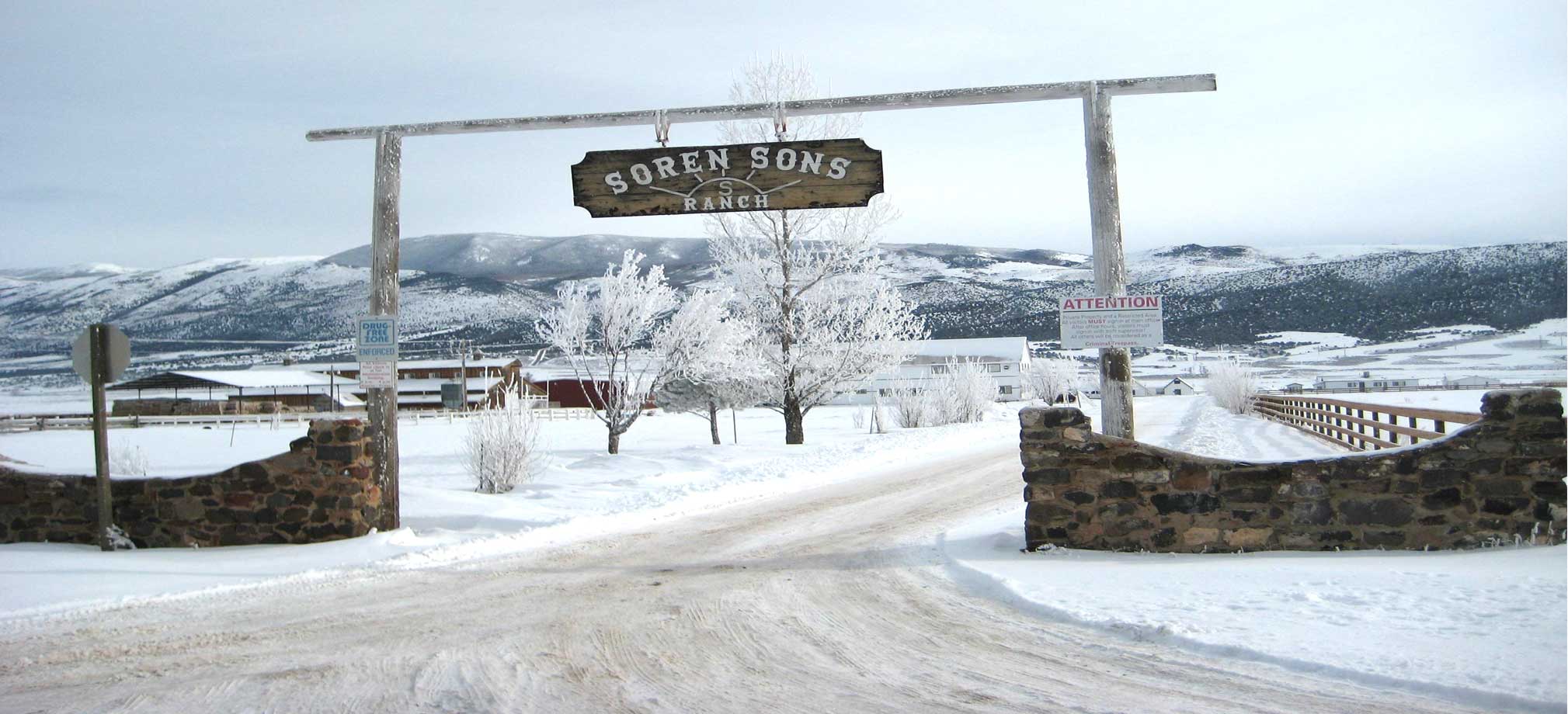
We are located in the serene central Utah mountain valley, in the small town of Koosharem. This rural setting provides a peaceful and healing environment for our clients.
As a privately owned, family-run business, we have a single, dedicated location in Koosharem, Utah. We are not part of a larger corporate network, allowing us to maintain a personalized and cohesive approach to care.
Sorenson's Ranch Treatment Facility offers open enrollment, allowing clients to enter at any time. Each client's class schedule is personalized based on their previous academic credits and individual treatment needs.
Our program is designed for an average duration of approximately 12 to 18 months, tailored to meet the unique needs and progress of each client.
We are licensed by the State of Utah as a residential treatment and substance abuse facility. Our accreditation includes The Joint Commission Accreditation of Healthcare Organizations (JCAHO) and Cognia. We are also certified as a special education provider in several states.
Most insurance companies do not cover residential treatment centers. If you have out of network residential benefits, we will bill your insurance company, but you will need to cover tuition until insurance payments are received. We can also bill for some services provided as outpatient therapy.
We recommend that parents visit before their child enters the program. Subsequent visits are encouraged at three months, and again after six to eight months. Home visits may be allowed when the client reaches the appropriate level, typically after eight to ten months.
Our isolated location acts as a natural deterrent to running away. With parental support, we are committed to bringing any runaway client back safely and addressing the underlying issues.
Clients should bring basic clothing and hygiene items, such as six t-shirts (no solid black, red, or blue), five pairs of jeans, sweatshirts, one light jacket, ten pairs of underwear, ten pairs of socks, two to three bras, one pair of pajamas/sweatpants and a shirt for sleeping, one modest one-piece swimsuit (not white), one pair of sunglasses, one heavy coat, one pair of tennis shoes, one pair of sandals for summer (no heels higher than one inch), one pair of hiking boots, and two pairs of shorts (no more than three inches above the knee). Parents can consult the Clothing Policy in the Parent Manual for more details or on sorensonsranch.com.
We are not affiliated with any religion. Our clients come from diverse religious backgrounds. We offer optional non-denominational services on campus a few times a month. Clients in addiction recovery or support groups are encouraged to find strength in a higher power.
Our campus is a drug-free zone. Smoking, drugs, and alcohol are strictly prohibited for both clients and staff.
We operate a co-ed program with a strict "no physical contact" rule, ensuring a safe and respectful environment, more secure than typical home, neighborhood, or public-school settings.
We do not offer a "quick fix" but focus on meaningful, long-term change. Our therapeutic setting emphasizes ranching, farming, camping, and country living, teaching students new, positive ways of living. Many of our clients go on to college, trade programs, or other fulfilling paths, gaining life-enhancing experiences.
Yes, students can earn a high school diploma or transfer credits to another accredited high school. We offer all required courses for graduation and provide support for students who have fallen behind, including online courses, special education classes, small class sizes, and numerous hands-on learning opportunities.
You can write letters or send emails through the parent portal as soon as your child enters the program. Our clients are encouraged to write back. Weekly phone calls are offered, with durations based on the client's level. This schedule does not include therapy calls, which are conducted separately.
In our residential setting, therapists have the opportunity to interact with clients both in and out of formal therapy sessions. Clients receive one individual session per week and attend group therapy sessions up to four times each week. Group therapies may include Grief Therapy, Anger Management, Dialectical Behavioral Therapy (DBT), Adoption, Peer Support, Life Skills, Prevention/Intervention, and NA, among others. Family therapy sessions are also conducted as recommended. Sorenson's Ranch Treatment Facility integrates therapy into almost all activities, recognizing the therapeutic value of outdoor experiences, such as spending time on horseback or around a campfire.
